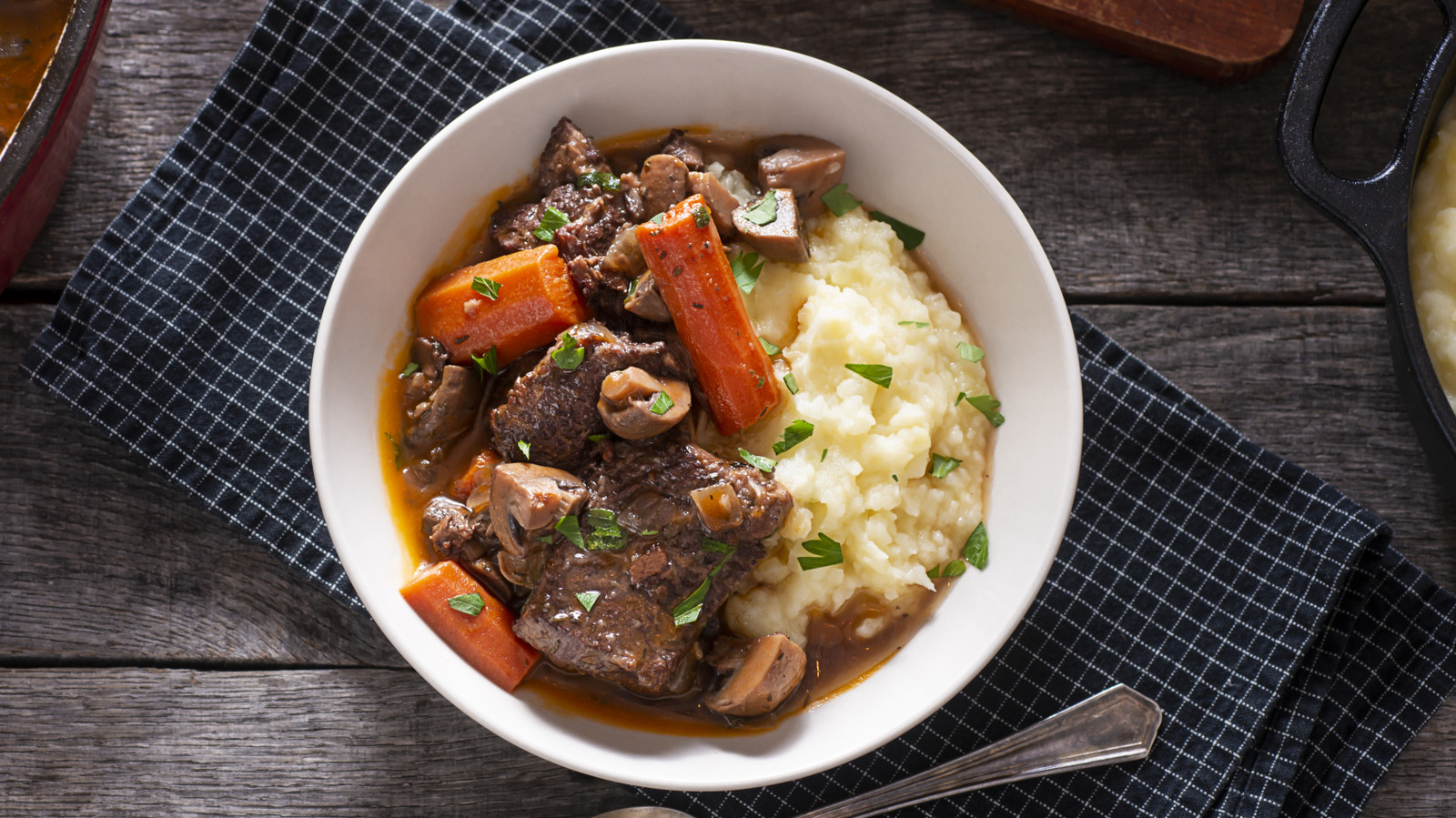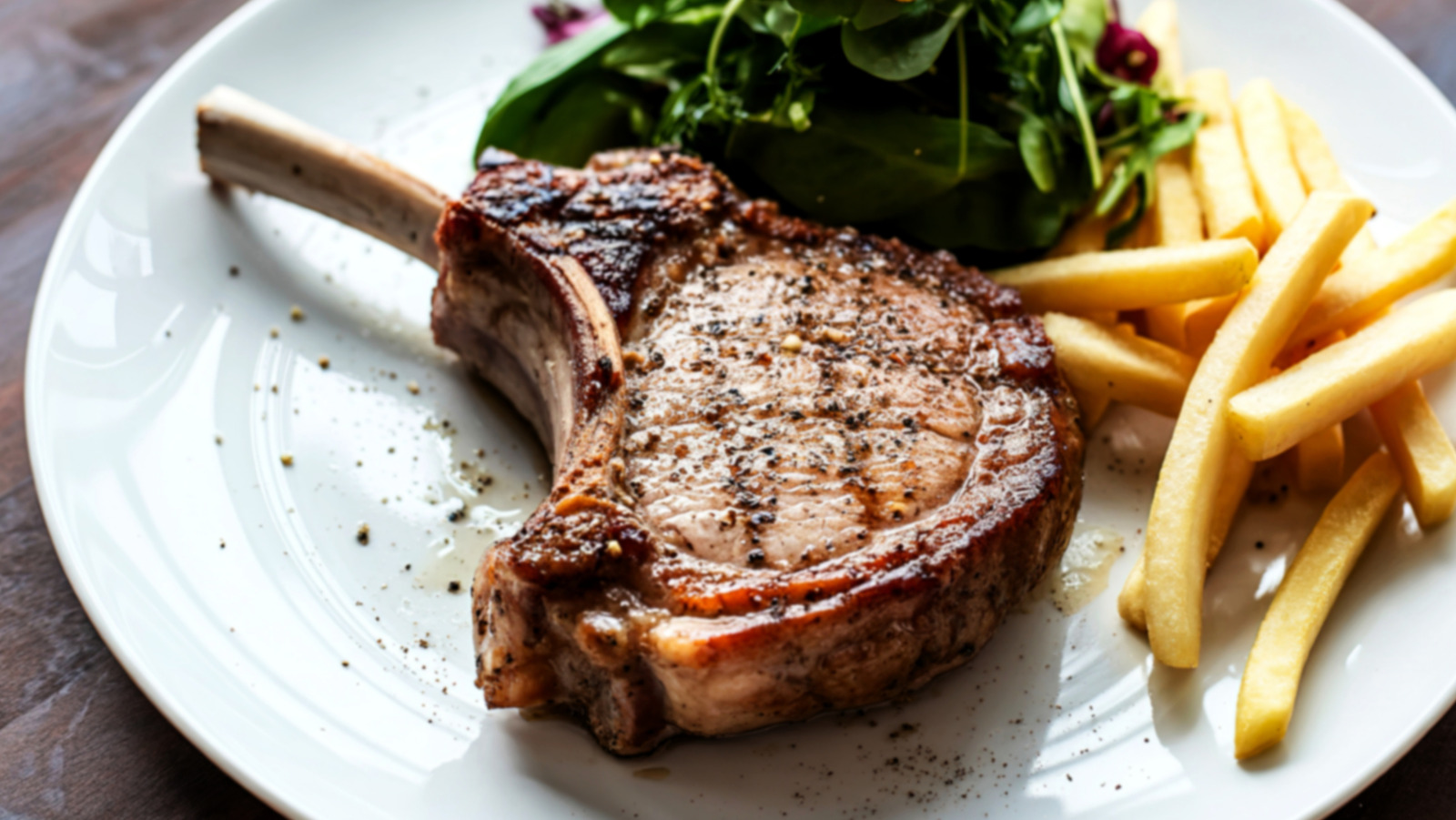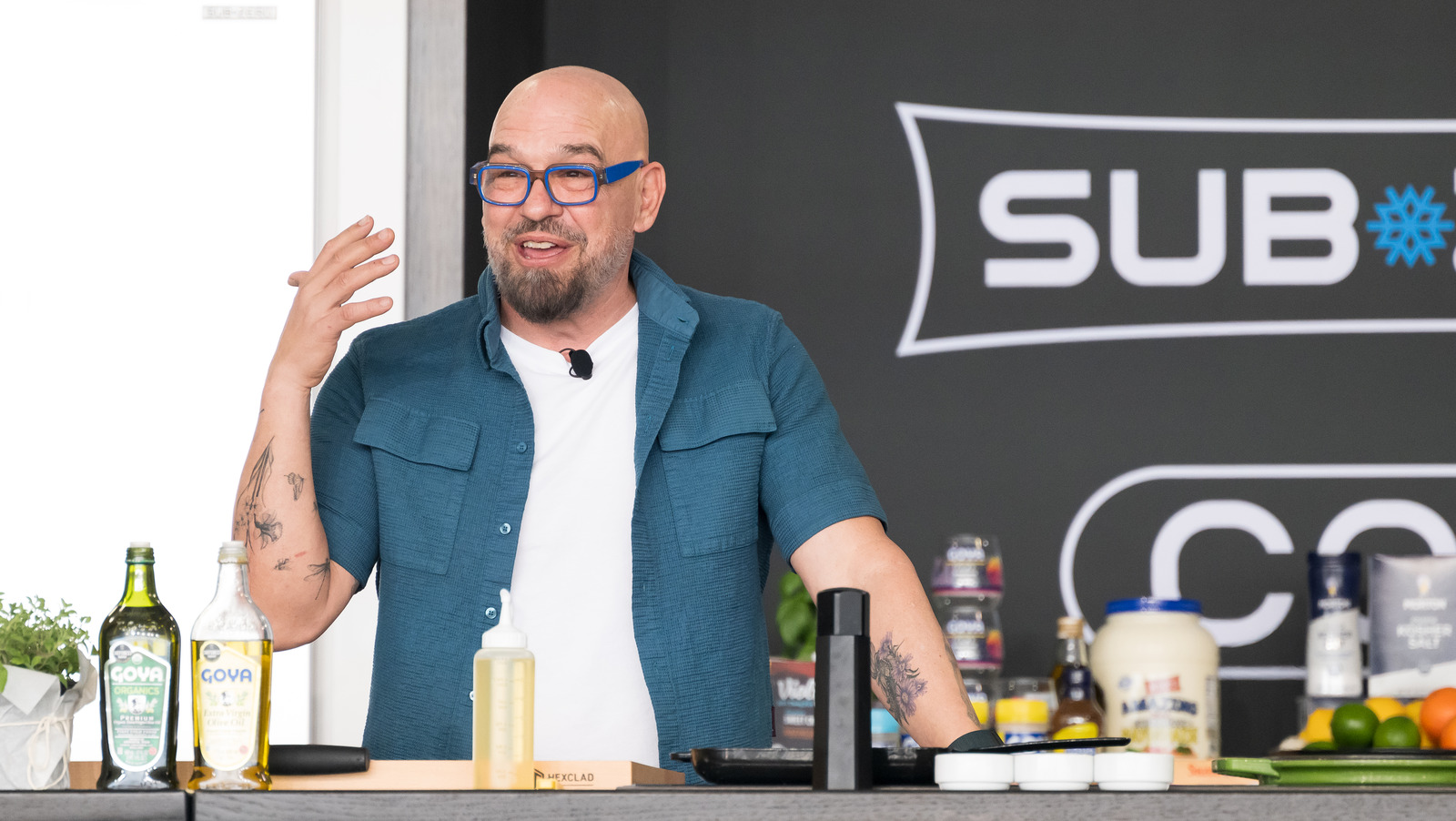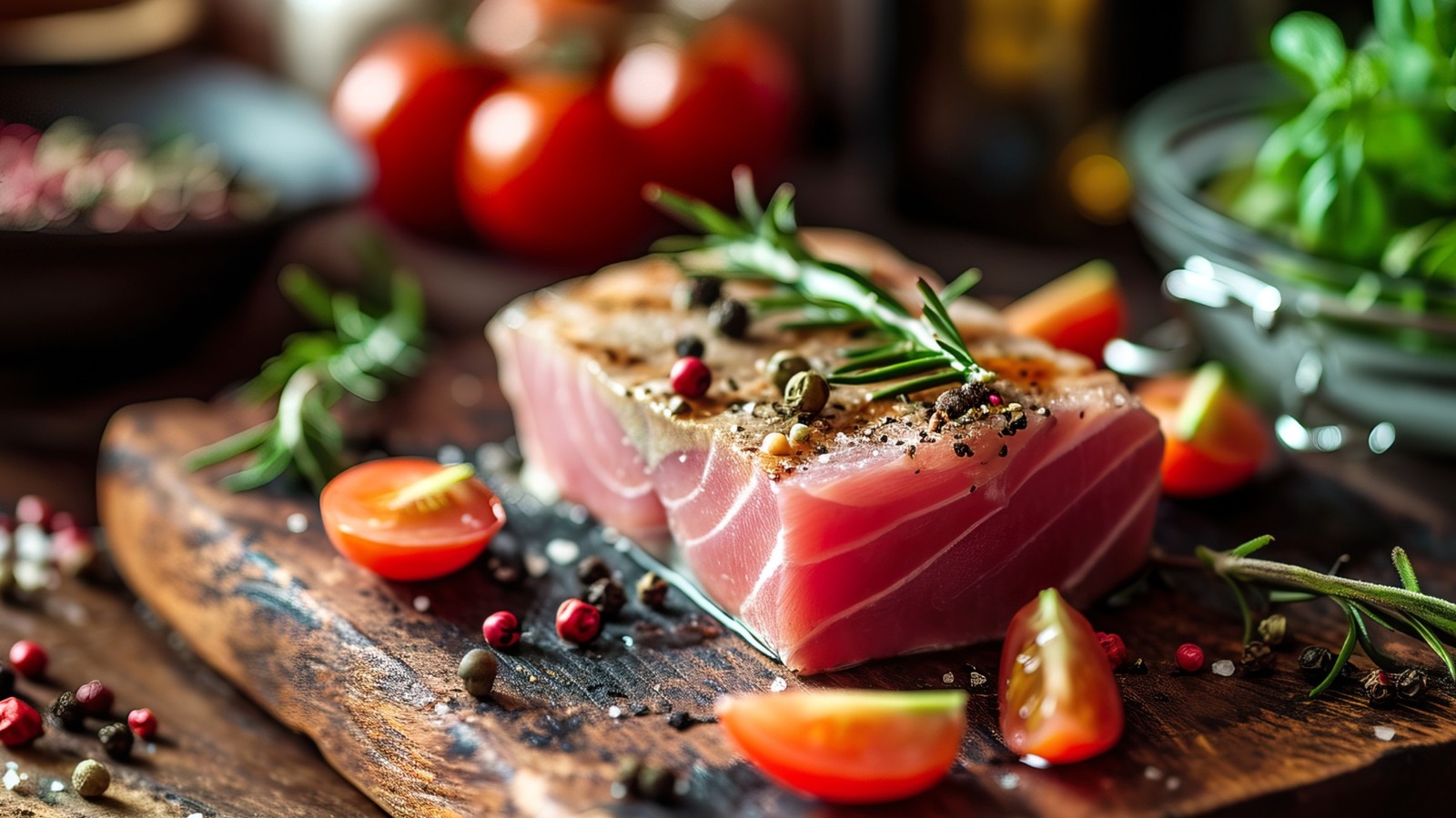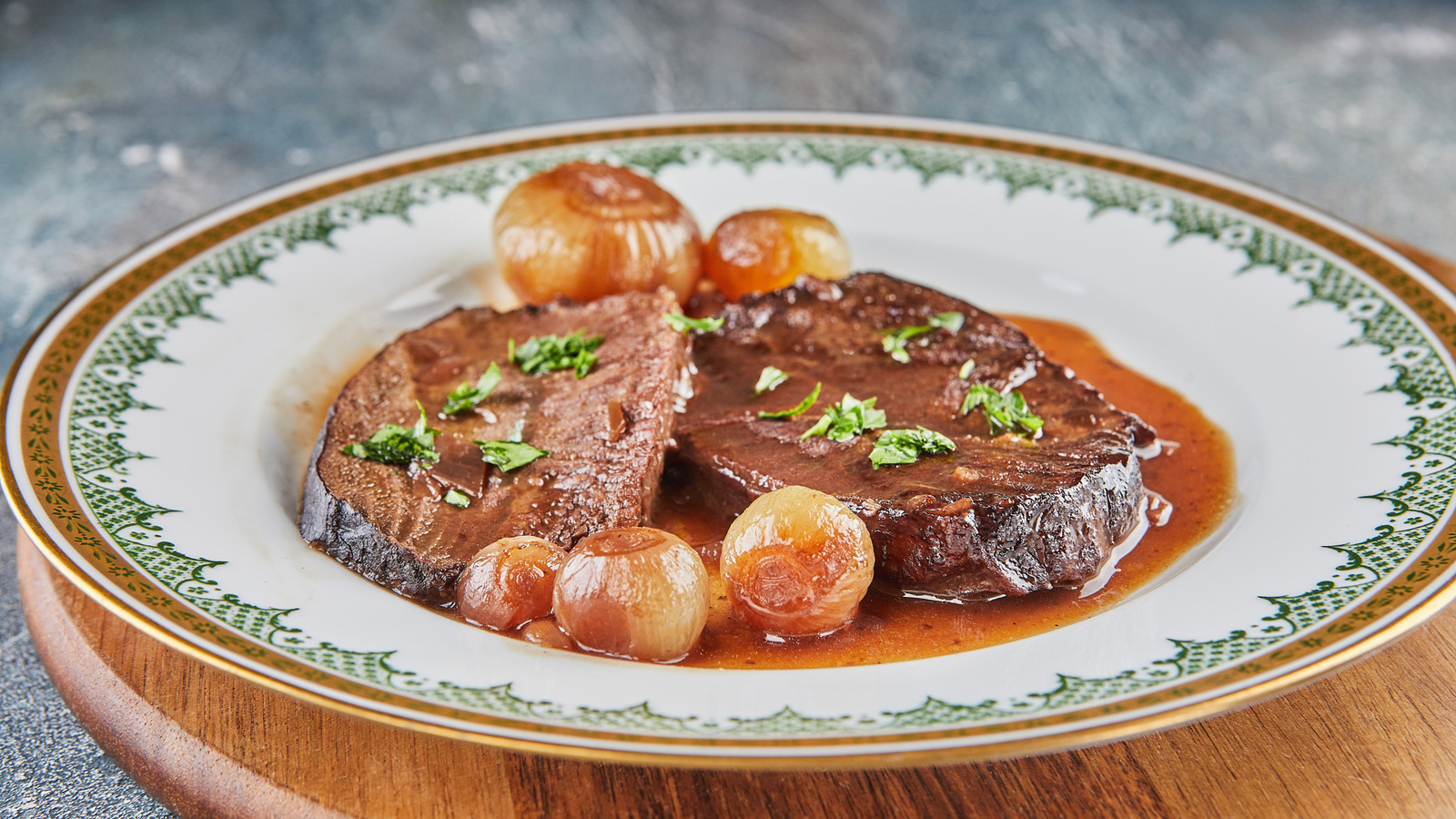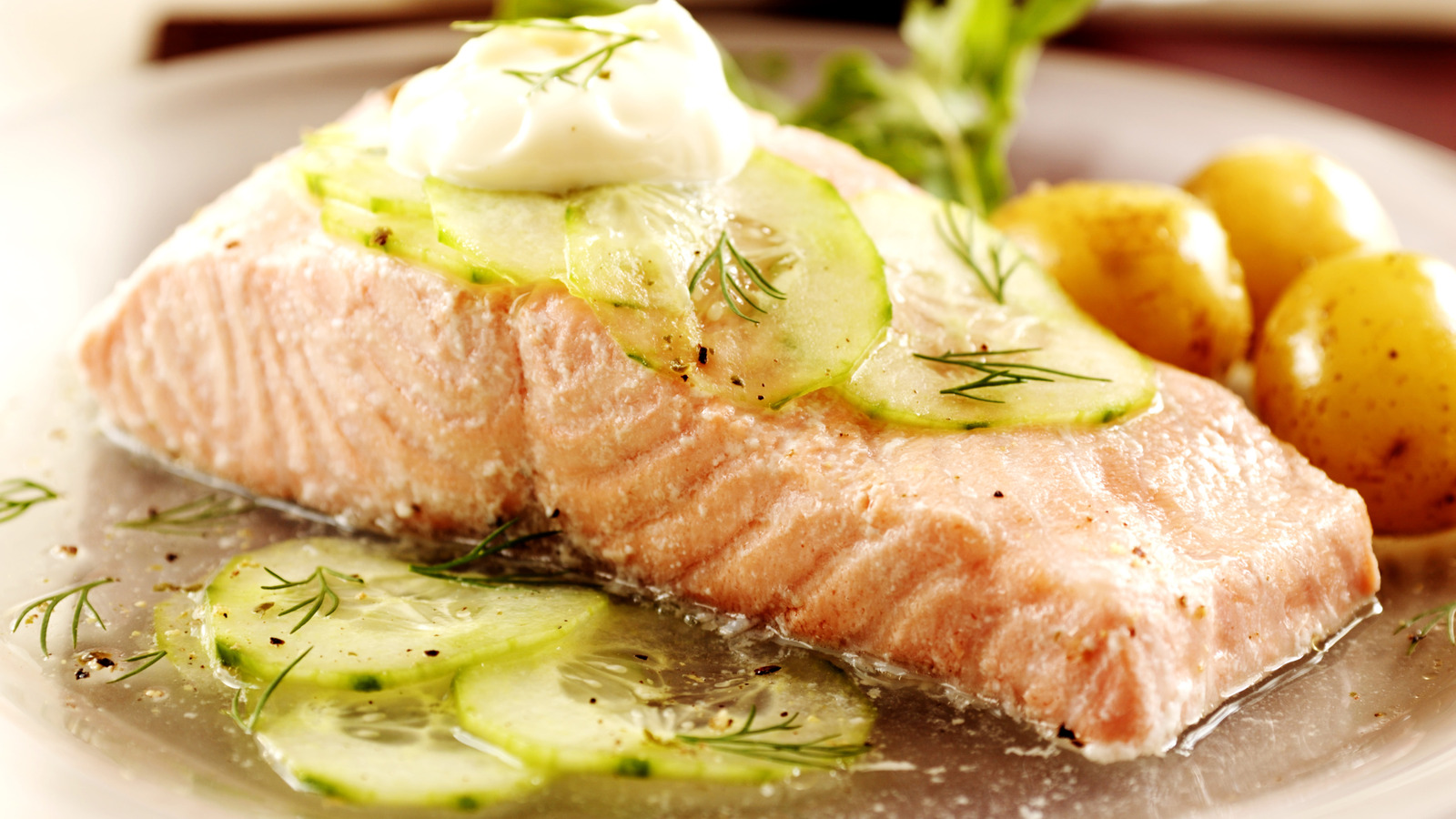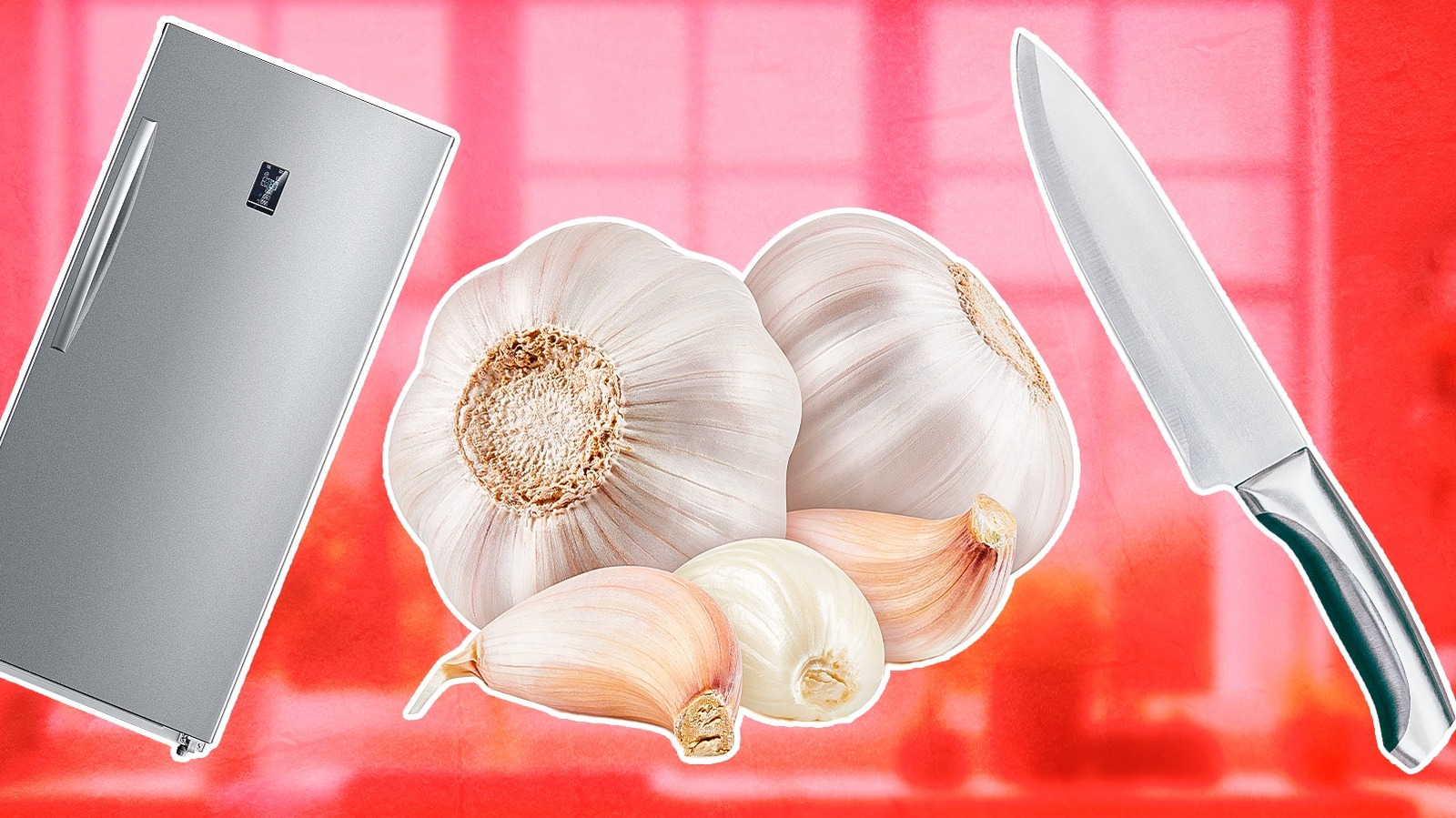#culinary-techniques
#culinary-techniques
[ follow ]
#cooking-tips #food-preparation #cooking #flavor-enhancement #baking #recipes #comfort-food #meat-preparation #steak
fromTasting Table
1 month ago12 Foods People Hate Because They're Preparing Them Wrong, According To A Chef - Tasting Table
When someone first told me to "sweat" my eggplant, I looked at them like they had three heads. But their tip was a culinary game-changer, as I had thought for years that restaurants must have an exclusive secret way of preparing eggplant that I could just never master. And as it turns out, they did ... but it wasn't a secret.
Cooking
fromTasting Table
3 months agoThe Vintage Butter Tradition That Modern Baking Left Behind - Tasting Table
Before refrigeration, fat was fickle. It spoiled quickly, turned rancid, and needed a buffer against time. Salt was a cheap, bountiful preservative, and so salted butter was the default. If you were a farmer storing the summer's bounty of creamy grass-fed butter, a merchant shipping barrels, or just a household trying to stretch food through lean seasons, salt was non-negotiable because it turned perishable fat into something that could be kept.
Food & drink
fromConde Nast Traveler
6 months agoHow to Eat Your Way Through Penang, Malaysia-Asia's Most Exciting Food Destination
Tendrils of steam curl out of the bread basket, spreading a warm, yeasty scent as my server unfurls the linen cover to reveal a plump kind of sourdough with a golden-brown crust.
Food & drink
fromwww.theguardian.com
6 months agoMeera Sodha's recipe for no-churn malted ice-cream and peanut cookie sandwiches | Meera Sodha recipes
Hugh finds circles satisfying in design, an opinion I initially questioned until I experienced the visual pleasure of an ice-cream sandwich's rounded shapes.
Food & drink
fromTasting Table
6 months agoWhy Ruth's Chris Steaks Are Wet-Aged Instead Of Dry-Aged - Tasting Table
Wet aging involves vacuum-sealing meat, which keeps it moist and tender by breaking down connective tissues. This results in a juicy final product, making it efficient for restaurant operations.
Food & drink
fromBoston Herald
7 months agoDried bay leaves bring layers of flavor to Portuguese-style beef skewers
On the Portuguese island of Madeira, espetadas are made by threading chunks of beef onto fresh-cut branches of bay and cooking the skewers over the embers of a fire, infusing the meat with unique menthol notes.
Cooking
Everyday cooking
fromTasting Table
8 months agoPie Shell Vs Crust: What's The Difference? - Tasting Table
Pies have a rich history dating back to ancient civilizations, evolving into diverse forms worldwide.
The difference between pie shell and pie crust is in their preparation stages.
Basic pie dough is a simple mixture of flour, fat, and cold water.
[ Load more ]
